Education is key for empowerment. We aim to provide patients and providers with resources to support informed decision making. OPEN offers a wide range of evidence-based materials that highlight the latest best practices for healthcare professionals, patients and their families from pain management to safe storage and disposal of medications.
Co-branding with your organization’s logo is also available for various materials, free of charge. Request today!
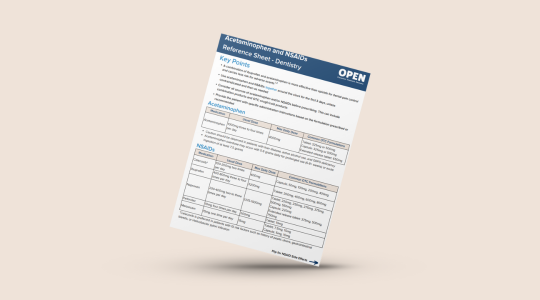
Learn more about prescribing acetaminophen and NSAIDs for pain management after dental surgery.
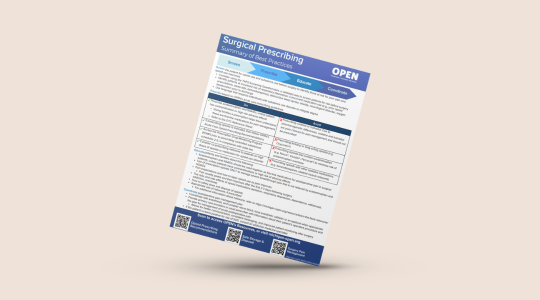
Stay up to date with OPEN’s summary of best practices for prescribing after surgery.
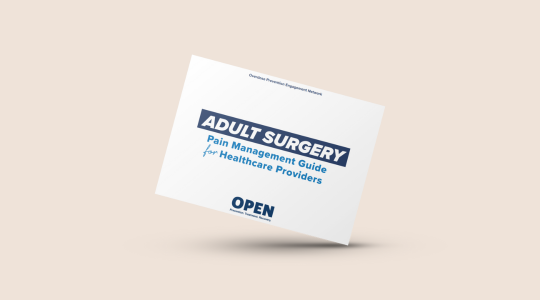
As a healthcare provider, learn evidence-based approaches to help manage your patient’s pain after surgery.
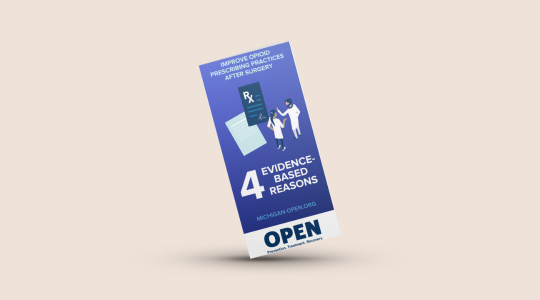
Explore 4 evidence-based reasons to improve opioid prescribing practices after surgery.
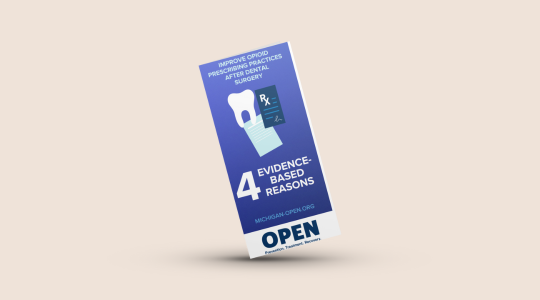
Explore 4 evidence-based reasons to improve opioid prescribing practices after dental surgery.

Explore the five Levels of evidence to use while making educated determinations about prescribing and care.
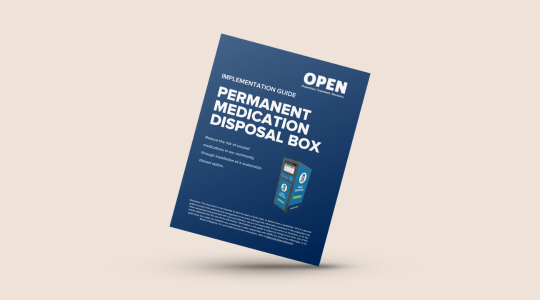
Learn how to implement a permanent medication disposal box program in your community.
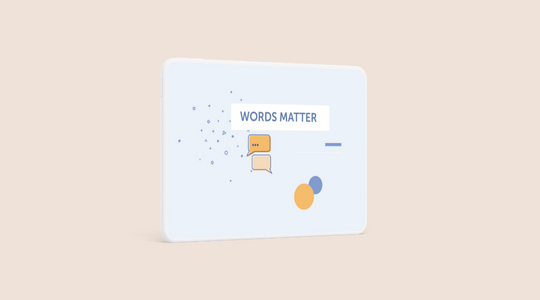
Changing our language improves outcomes for those struggling with addiction. Watch this brief video to learn more.
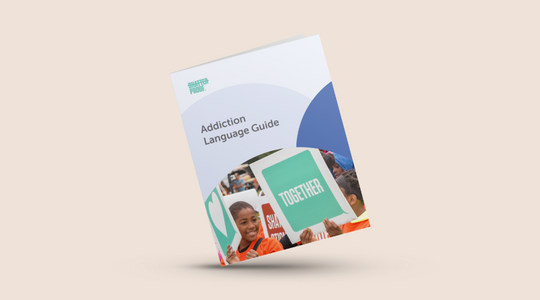
Comprehensive addiction language guide to reduce use of stigmatizing language.
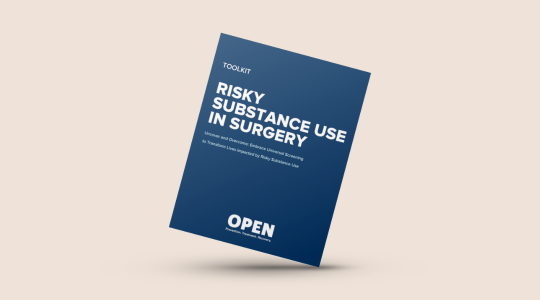
Learn more about how risky substance use impacts patients having surgery and best practices for identification and coordination of care for those with risky use.
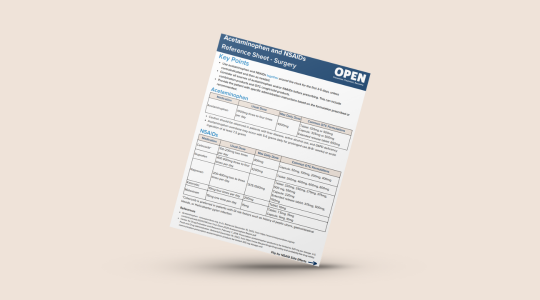
Learn more about prescribing acetaminophen and NSAIDs for pain management after surgery.
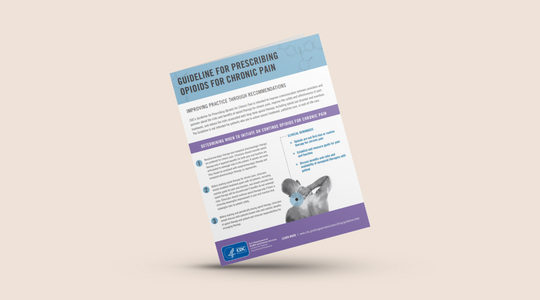
Intended to improve communication between providers and patients about the risks and benefits of opioid therapy for chronic pain, improve the safety and effectiveness of pain treatment, and reduce the risks associated with long-term opioid therapy, including opioid use disorder and overdose.
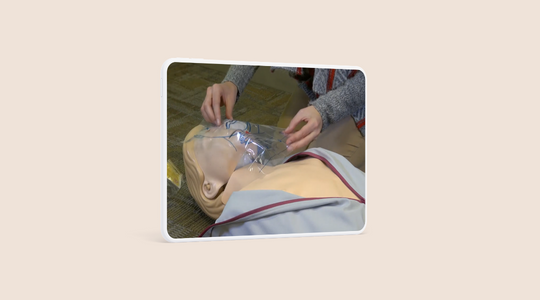
Learning to perform rescue breathing on someone who is experiencing an opioid overdose.
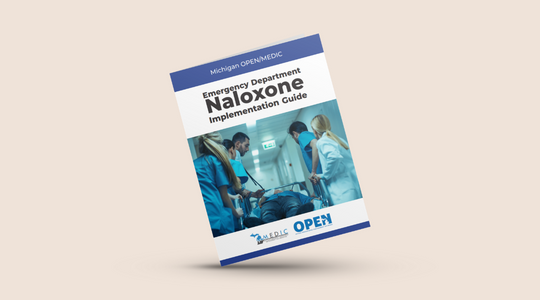
Learn how to facilitate and implement unique and tailored naloxone distribution programs in your Emergency Department.
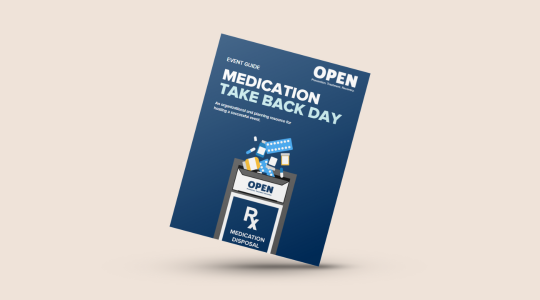
Learn how to successfully host a Medication Take Back Event in your community.